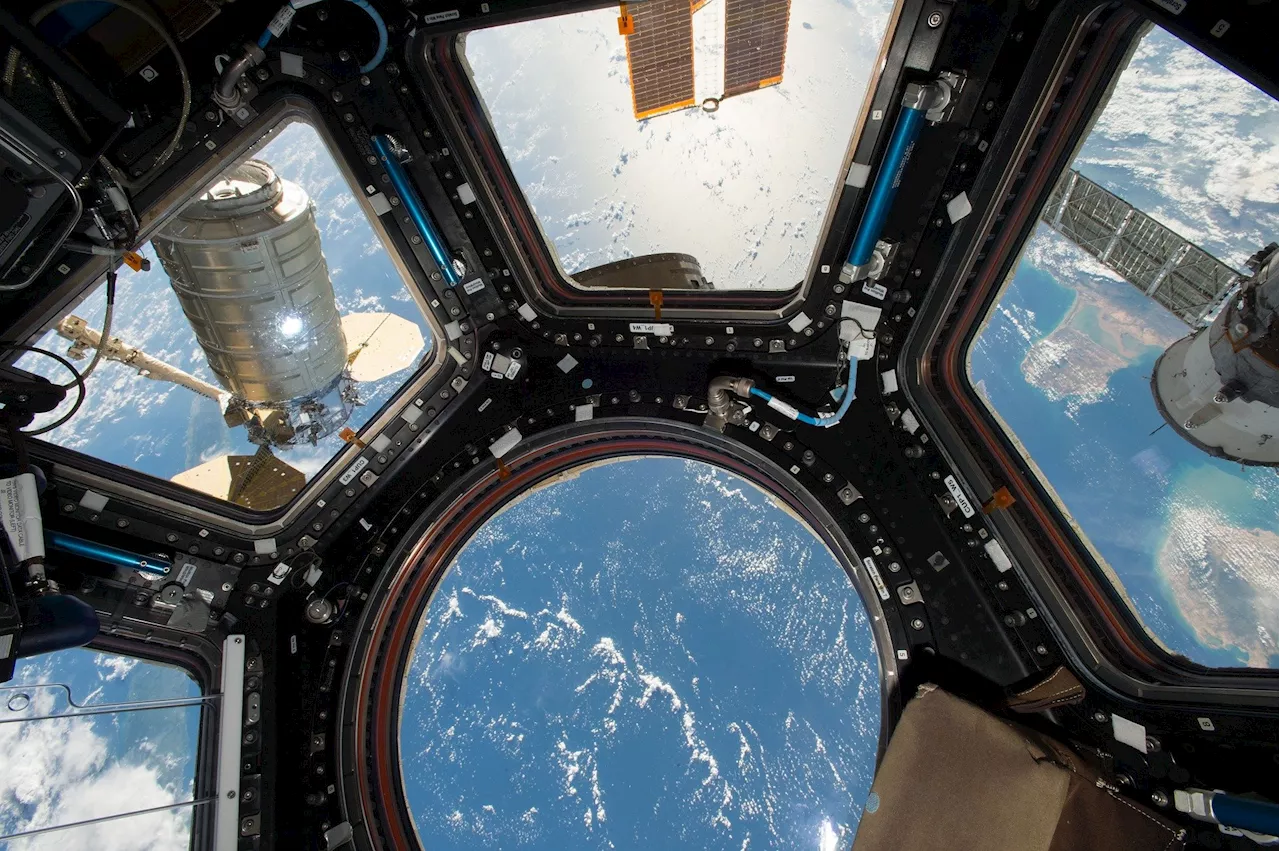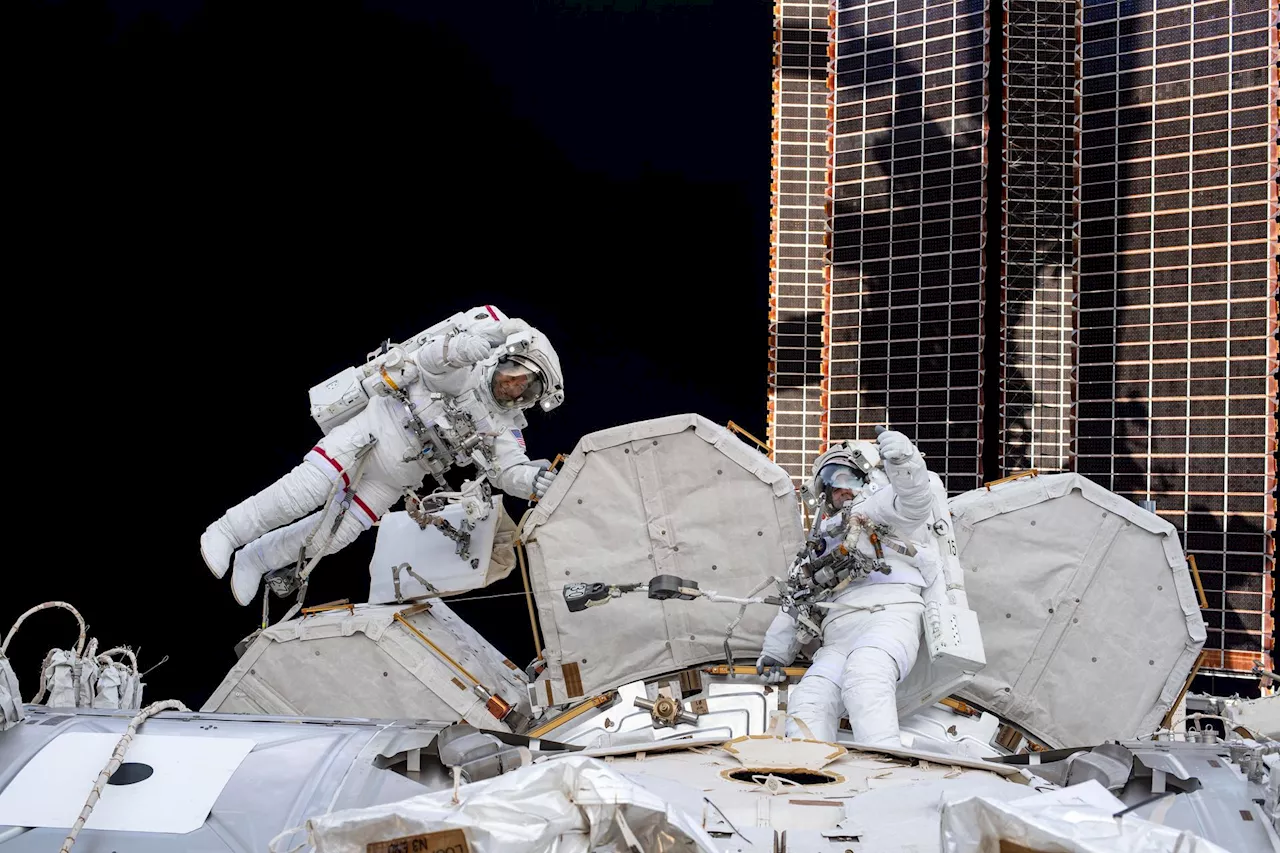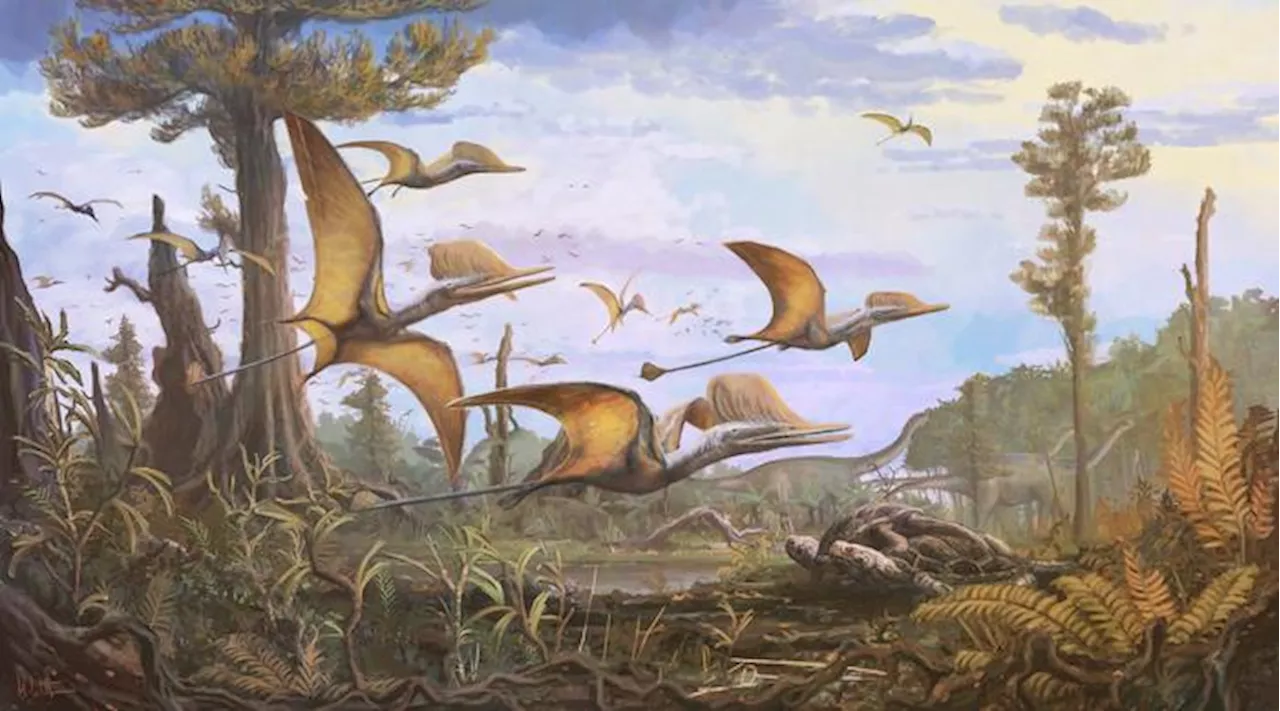Space and astronomy news
Image of a fresh impact crater with a diameter of approximately 30 meters with corresponding ejecta rays obtained by NASA’s High Resolution Imaging Science Experiment camera on NASA's Mars Reconnaissance Orbiter on Nov. 19, 2013.
“Collisions are a pervasive physical process during planet formation and evolution,” Dr. Sarah T. Stewart, who is a Professor of Earth and Planetary Sciences at UC Davis, tells. “While the frequency of collisions is low today compared to the main stages of planet growth, they provide key insights into planetary dynamics, subsurface composition, and internal structure.
The reason why the massive crater from the Chixculub impact event is so well-hidden is due to the planetary surface processes that shape our planet, most notably from erosion, weathering, volcanism, and plate tectonics. These processes have also essentially erased up to millions of other impact craters that have occurred throughout the Earth’s approximate 4.6-billion-year history.
United Kingdom Latest News, United Kingdom Headlines
Similar News:You can also read news stories similar to this one that we have collected from other news sources.
 Axiom Space astronauts depart space station for 2-day ride home to FloridaThe first human spaceflight of the year is headed home as the four crew of the Axiom Space Ax-3 mission climbed aboard the SpaceX Crew Dragon Freedom and departed the International Space Station on Wednesday heading for a planned Friday morning splashdown off Florida's coast.
Axiom Space astronauts depart space station for 2-day ride home to FloridaThe first human spaceflight of the year is headed home as the four crew of the Axiom Space Ax-3 mission climbed aboard the SpaceX Crew Dragon Freedom and departed the International Space Station on Wednesday heading for a planned Friday morning splashdown off Florida's coast.
Read more »
 Why Go to Space - NASAAt NASA, we explore the secrets of the universe for the benefit of all, creating new opportunities and inspiring the world through discovery.
Why Go to Space - NASAAt NASA, we explore the secrets of the universe for the benefit of all, creating new opportunities and inspiring the world through discovery.
Read more »
 Why Russia May Be Developing Nuclear Weapons to Use in SpaceNew intelligence suggesting Russia wants to put a nuclear weapon in space has raised questions about the Kremlin’s intentions. WSJ looks at the history of orbital detonation and what we know about Moscow’s capabilities.
Why Russia May Be Developing Nuclear Weapons to Use in SpaceNew intelligence suggesting Russia wants to put a nuclear weapon in space has raised questions about the Kremlin’s intentions. WSJ looks at the history of orbital detonation and what we know about Moscow’s capabilities.
Read more »
 Why Russia May Be Developing Nuclear Weapons to Use in SpaceNew intelligence suggesting Russia wants to put a nuclear weapon in space has raised questions about the Kremlin’s intentions. WSJ looks at the history of orbital detonation and what we know about Moscow’s capabilities.
Why Russia May Be Developing Nuclear Weapons to Use in SpaceNew intelligence suggesting Russia wants to put a nuclear weapon in space has raised questions about the Kremlin’s intentions. WSJ looks at the history of orbital detonation and what we know about Moscow’s capabilities.
Read more »
 Why NASA astronaut Jeanette Epps waited an extra 6 years for her ISS space missionElizabeth Howell (she/her), Ph.D., is a staff writer in the spaceflight channel since 2022 covering diversity, education and gaming as well. She was contributing writer for Space.com for 10 years before joining full-time.
Why NASA astronaut Jeanette Epps waited an extra 6 years for her ISS space missionElizabeth Howell (she/her), Ph.D., is a staff writer in the spaceflight channel since 2022 covering diversity, education and gaming as well. She was contributing writer for Space.com for 10 years before joining full-time.
Read more »
 New Pterosaur Discovery Shows the Winged Reptiles Soared the Skies for 25 Million YearsLearn why the pterosaur fossils are difficult to find and why this discovery explains their evolution.
New Pterosaur Discovery Shows the Winged Reptiles Soared the Skies for 25 Million YearsLearn why the pterosaur fossils are difficult to find and why this discovery explains their evolution.
Read more »
